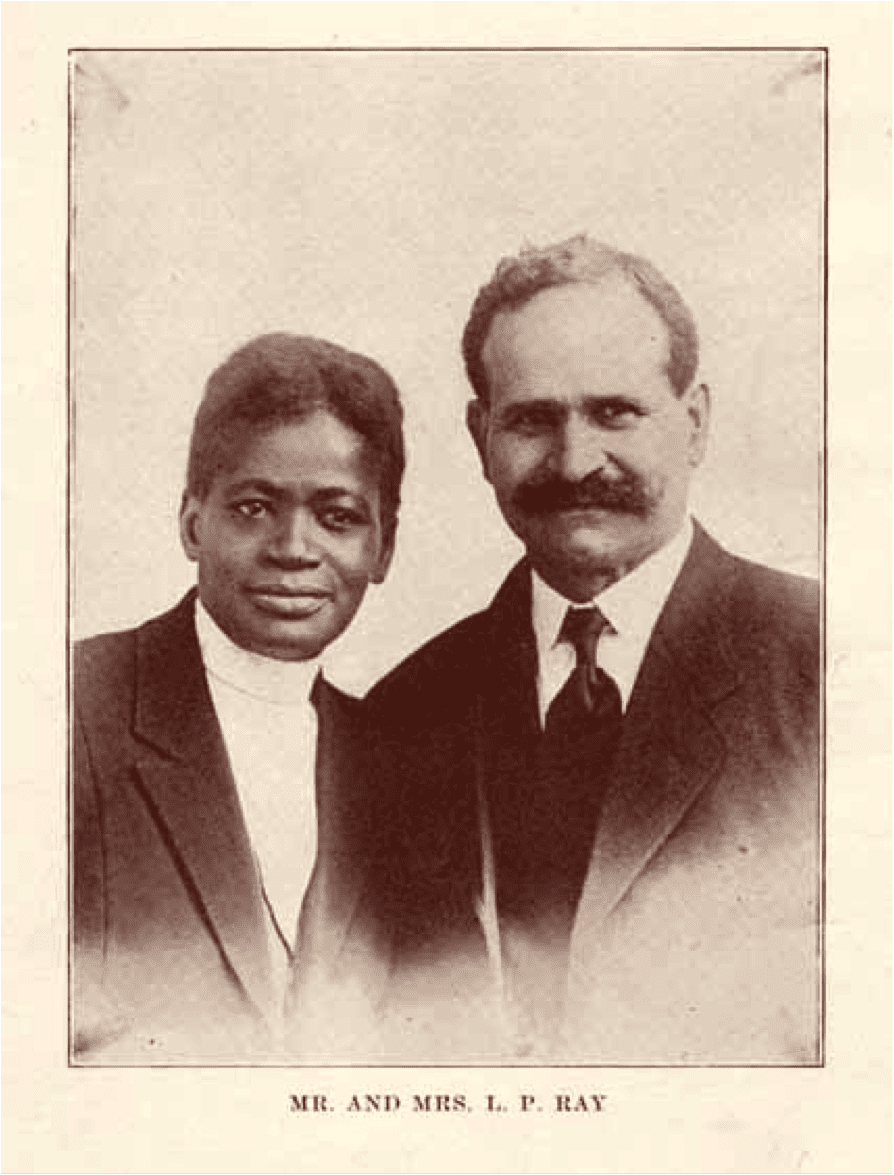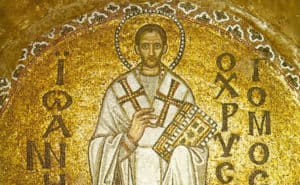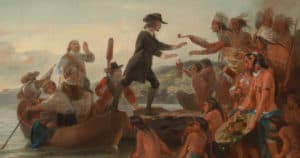(1859-1930)
For nearly 30 years Emma Ray, who was born into slavery and raised in poverty in Missouri, ministered to the homeless and transient in the slums of Seattle, Wash., along with her husband, L.P.
They arrived in Seattle immediately following the devastating fire of 1889 in order for L.P. to find work as a stonemason. They also came to Seattle to give him yet another clean start to overcome alcoholism.
Not long after their arrival, Emma was converted at a service in the African Methodist Episcopal Church. L.P. was converted soon after. Immediately they went to their acquaintances, “with whom we had danced, drank [sic] beer, and played cards,” and told them about their conversion.
The couple’s religious experience continued as they were entirely sanctified, in Wesleyan/Holiness language, with the baptism of the Holy Spirit. Now they were ready, as Emma explained in her autobiography, for the next phase of their life: “We were standing in our places ready for the battle, and waiting for orders at the Spirit’s command.” From that time on, Emma and L.P. immersed themselves in evangelistic work with the poor and oppressed. They visited places where those in trouble could be found, particularly the jail and hospital.
Their regular jail visitation led to holding services on Sunday afternoons, where a bathtub doubled as an altar. For those prisoners who responded favorably to the gospel message, the Rays offered their home as a temporary refuge, along with new clothes, a bath, food, some jobs to do, and money for a shave. Emma recalled one occasion when she washed a man’s old coat that was “full of vermin,” but she sang while washing and received “one of the greatest blessings ever” by the time she reached the chorus.
Emma also teamed up with “Mother” Ryther, who ran an orphanage in Seattle. On Wednesday afternoons, the two women visited prostituted women and held meetings in the brothels. They also searched for homeless dope addicts, who hid away “under the wharves, upstairs in old deserted buildings,” even in “deserted outhouses in the mud flats.” On one occasion, a young addict, who had been arrested as a vagabond, asked Emma to stay with her in jail.
Because the jailer knew Emma from her frequent visitation, permission was granted. In her autobiography, Emma gave an account of that experience: “We went into our cells. They gave me a hammock right alongside of hers. I had taken from my home a pillow and a blanket. They locked the door beside us, and there we were to wait upon the Lord until we got a sign that the appetite was gone.” After some setbacks, the woman was cured of her addiction. From 1900 to 1902, the Rays returned to Kansas City to reconnect with their families.
“I have never seen anyone with whom I would change faces or places. I am satisfied with the way God made me.” ~ Emma Ray
While there they founded a mission as an outreach for children in an impoverished area known as Hick’s Hollow. They provided clothes, meals, a warm place to gather in the winter, trips to the park in the summer, and a weekly afternoon Sunday school. “We couldn’t have it until one o’clock,” explained Emma, “as the people caroused all night and didn’t get up early enough in the morning for the children to come at the usual hour.”
Before departing for Kansas City, they had joined the Free Methodist denomination because of its adherence to the doctrine of entire sanctification and its commitment to urban mission work. For nearly 15 years, until their early 60s, Emma and L.P. preached the Sunday evening evangelistic service at The Olive Branch Mission, which was run and staffed by Free Methodists.
Both of the Rays were licensed as Conference Evangelists, and they preached revival meetings in Free Methodist churches throughout the state of Washington. In 1926 Emma published Twice Sold, Twice Ransomed: Autobiography of Mr. and Mrs. L.P. Ray (Free Methodist Publishing House), taking her title from this neat summary of her life: “I was born twice, bought twice, sold twice, and set free twice. Born of woman, born of God; sold in slavery, sold to the devil; freed by Lincoln, set free by God.”
Near the close of the book, Emma reflected on the color of her skin:
I am perfectly satisfied with my color, and I would be almost frightened to death if I should turn white. I can truly say that I have never seen anyone with whom I would change faces or places. I am satisfied with the way God made me. I want to be just myself in the Lord, because it pleases Him to have it so. … The Lord has a peculiar armor which just fits Emma Ray, and to be a success in Him I want to wear my own, for another person’s armor is a misfit.”
Priscilla Pope-Levison is professor of theology and assistant director of women’s studies at Seattle Pacific University, and author of Turn the Pulpit Loose: Two Centuries of American Women Evangelists (Palgrave Macmillan, 2004).


